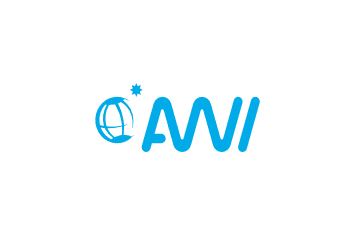
AWI
Info: Alfred- Wegener- Institut Helmholtz- Zentrum für Polar- und Meeresforschung (AWI)
Am Handelshafen 12
27570 Bremerhaven
Website: https://www.awi.de/
Research: Aquaculture Research
Short Description (Company/ Institute):
The Alfred Wegener Institute conducts research in the cold and temperate regions of the world coping with complicated processes such as climate change and its repercussions on polar areas and the marine environment. Within the marine research and bio-economy topic areas at AWI, special groups, such as the Aquaculture Research group, cooperate with other institutes, the public and industry. AWI Aquaculture Research conducts applied science together with industrial partners. Our projects focus on sustainable aquaculture production, which respects animal welfare and social well-being. Aspects such as economic productivity and food security are key to our research concepts. The AWI operates one of Europe’s largest RAS facilities, the Centre for Aquaculture Research (ZAF), where a broad range of aspects related to environmentally conscious and sustainable aquaculture are addressed and new generations of marine science researchers are trained.
Fields of activity, fields of research and development:
The main topics of the department of Aquaculture Research at the AWI are:
- RAS Technology
- Integrated Multitrophic Aquaculture
- Feed and Sustainable Resources
- Invertebrates
- Microalgae
Main competences for international cooperation:
Our group has established and proven experience in project proposal preparation, application for funding, coordination of national and international research projects and networking.
AWI offers research facilities within the main topics of the Aquaculture Research group such as:
- Laboratories.
- Infrastructure for rearing and breeding vertebrates and invertebrates species with relevance for aquaculture development as well as microalgae research.
- Facilities for measurement and assessment of water quality parameters.
- Contact to potential industrial research partners in Germany and abroad.
- Experience in freshwater and saltwater RAS management and evaluation of sensory data.
- Experience in diet manufacture and feed formulation (extruded and pelleted)
- Possibilities for scientific exchange and internships
Main fields of interest for international cooperation:
All research fields mentioned above are of interest for international cooperation
- RAS Technology: Development of culture and experimental systems, improvement of water treatment methods, grading, fish transport and RAS control systems
- IMTA: Test, adaptation and balancing of different species, design and development of production units
- Feed and Sustainable Resources: Development of future diets for finfish by testing alternative diet ingredient resources and additives
Invertebrates: Projects dealing with economically relevant invertebrate organisms such as sea cucumbers, shellfish and crustaceans - Microalgae: Projects studying the economic potential of microalgae as sources for valuable substances or as an important component for water depuration
References / examples of most relevant products and services:
